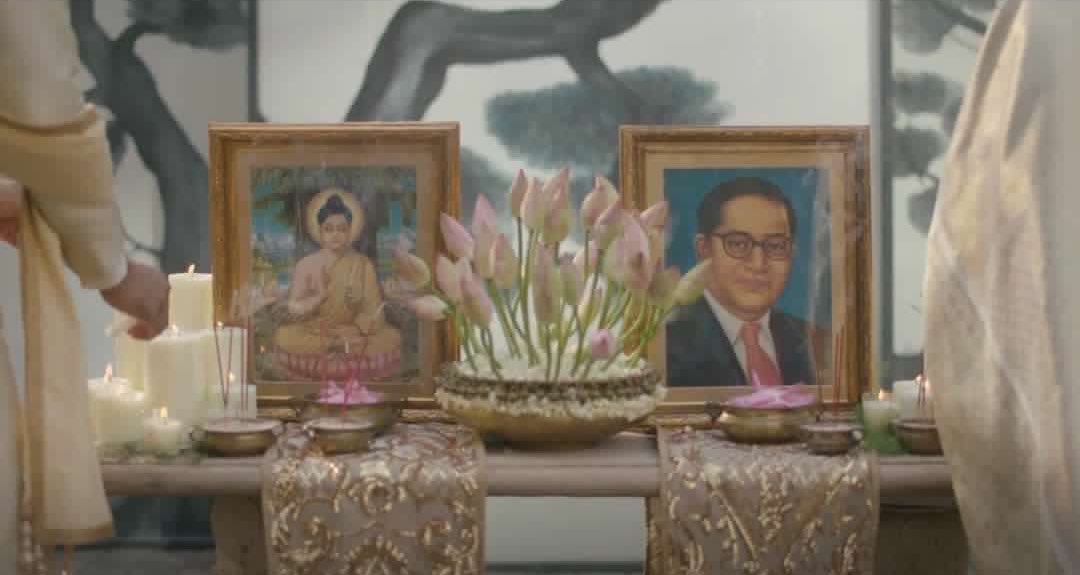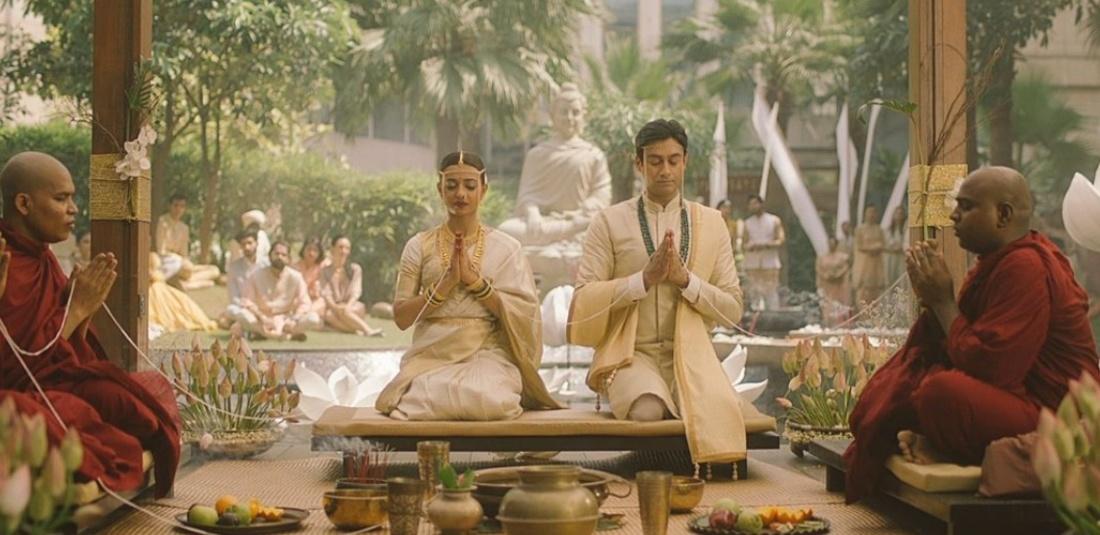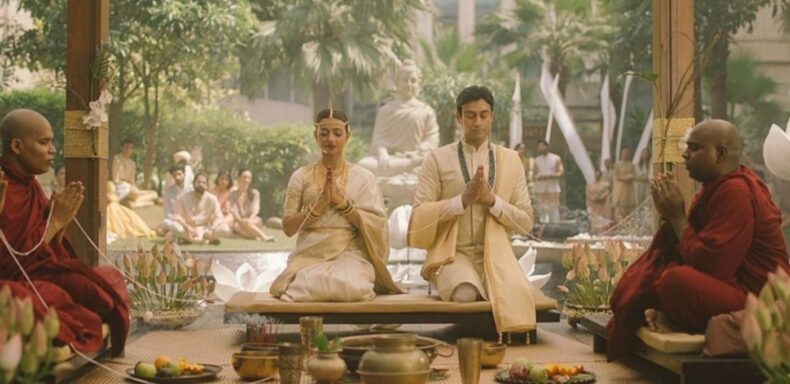In the ever-changing entertainment landscape, web series has emerged as a powerful medium that not only entertains but also reflects different aspects of society. An example of a chat-provoking web series is the Dalit wedding depiction in “Made in Heaven,” starring the talented actress, Radhika Apte. The depiction of a Dalit wedding in a series of popular films has drawn both praise and criticism, with the Internet buzzing about its impact on social perception, cultural representation, and the challenges facing the world. sense of authentic storytelling.
“Made in Heaven,” the critically-acclaimed Amazon Prime original series, explores the intricacies of modern Indian marriages while delving into the social issues involved. Radhika Apte’s portrayal of a Dalit bride in one of her episodes sparked a dialogue about the media’s portrayal of marginalized communities. The internet, being a powerful platform for discussion, has had a lot of reactions to this sensitive description.
The overwhelmingly positive responses highlight the importance of showcasing stories from different contexts. The depiction of a Dalit wedding in a mainstream series marks a step towards injecting more into the storytelling. This is seen as an opportunity to break down stereotypes and shed light on the often overlooked experiences of Dalit communities. Proponents argue that such depictions can challenge social biases and contribute to a more empathetic and understanding society. In contrast, critics are not absent. Some argue that the description could be a simple token gesture, a performance act to present a progressive image to the program and its creators. There are concerns that, if not addressed with nuance and authenticity, such depictions could inadvertently perpetuate prejudice or overshadow the deep-rooted challenges facing marginalized communities. must face to face. Critics point out that creators need to interact with the communities they represent and ensure their voices are expressed accurately and respectfully.

The broader context of cultural representation cannot be overlooked in this discourse. The media, including the web series, have a huge influence in shaping public perception and opinion. Accurate and respectful depiction of diverse cultures and communities not only enriches storytelling but also helps promote understanding between different sections of society. In the case of Dalit’s depiction of marriage, reactions from the internet underscore the greater need for responsible storytelling that goes beyond mere entertainment.
The controversy surrounding the role of Radhika Apte presents leading challenges in achieving authenticity in storytelling. Balancing the need for creative entertainment with the responsibility of accurately depicting complex social realities is no easy task. Creators often face a difficult walk between avoiding stereotypes and coming up with a compelling story. In the case of the “Made in Heaven” episode, comments about the veracity of representation have sparked a broader debate about the media’s role in shaping perceptions. about marginalized communities.

The internet’s reaction to Radhika Apte’s portrayal of a Dalit marriage in “Made in Heaven” reflects the multifaceted nature of media portrayal and its impact on society’s perception. The speech highlighted both the potential of such representations to challenge prejudice and increase inclusivity, as well as the risks of misrepresentation and symbolism. As media continues to evolve, it’s imperative that creators engage in meaningful conversations with the communities they represent and strive to tell authentic and respectful stories. Ultimately, these discussions not only shape the future of entertainment but also contribute to a more empathetic and cohesive society.












